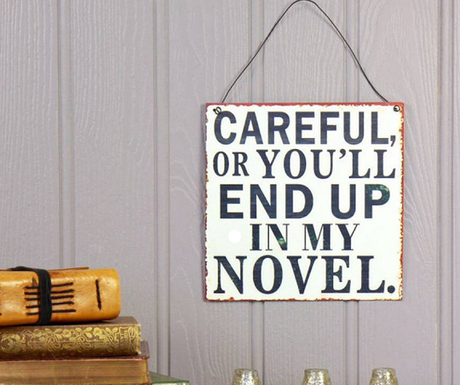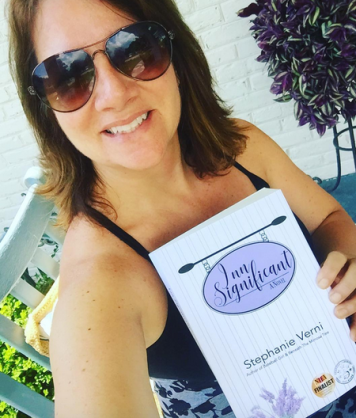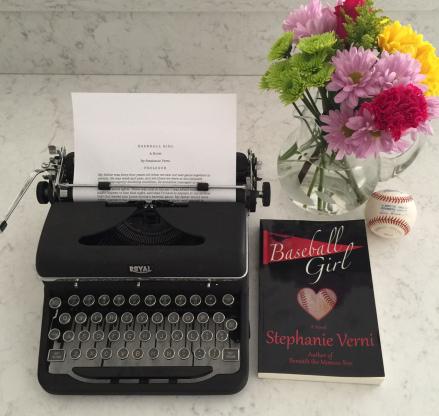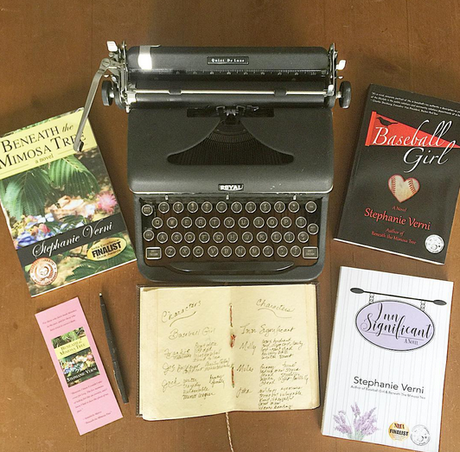 ***
***
Luckily, for some people I know, I don’t write a lot of villains into my novels. As I do in real life, I try to not let nasty, uncaring, judgmental, ridiculously competitive and fake people seep into my world too often. However, in the short stories I write, I let them in because I don’t have to deal with them for too long, as short stories are just that—short. However, writers have to allow what we learn about people to grace the pages of our stories and illuminate our characters; these sketches of folks should glide into our stories seamlessly. As well, the same is true with the goodness and quirkiness and loveliness of people.

As for us as writers, how much of ourselves do we let into our stories? I have a wild imagination, so I tend to consider the character and what he or she likes and what would make them that way. For example, in Inn Signficiant, the main character is Milly, and she narrates the book. How much of Milly is in me? Well, let’s see. We both love living near the water. We both are writers and like to read. We both love cruiser bikes, though hers is pink and mine is seafoam green. We both love our families. We both know what true love feels like. We both know what heartbreak feels like. We both value a pretty simple life. We both have a sense of humor.

What we don’t share is that she has felt tragedy, as she has lost her husband in a horrific accident, and goes through a bout of depression. And while I haven’t felt loss like Milly (thankfully), I can imagine its intensity, devastation, and profoundness. I also understand what feeling depressed is like, as I bumped up against that a few years ago during a trying time in my life, and one in which I learned a few lessons about good friendships vs. yucky ones.
As writers, we have to allow these things we know and understand to help develop our characters. We do allow bits of ourselves to show up in our characters, and if it’s not a bit of us, then it’s a collection of bits of others that we know, have interacted with, have been friends with, or maybe even have had a falling out with along the way.
The main point to writing character is to believe that they are real, and then make others believe that they are real. Make them so authentic that people completely understand them. That’s not to say that the characters might not drive readers crazy at times or make them shake their heads and say “what?,” but we need to put realism into our writing.
Plot is wonderful, but people have to be able to identify with the characters.

My goal is not to have anyone say meh about my characters. I keep that in the back of my mind the entire time I’m writing.
So don’t leave yourself out of the equation when writing strong, memorable, and relatable characters. You have the potential to bring so much to the story.



